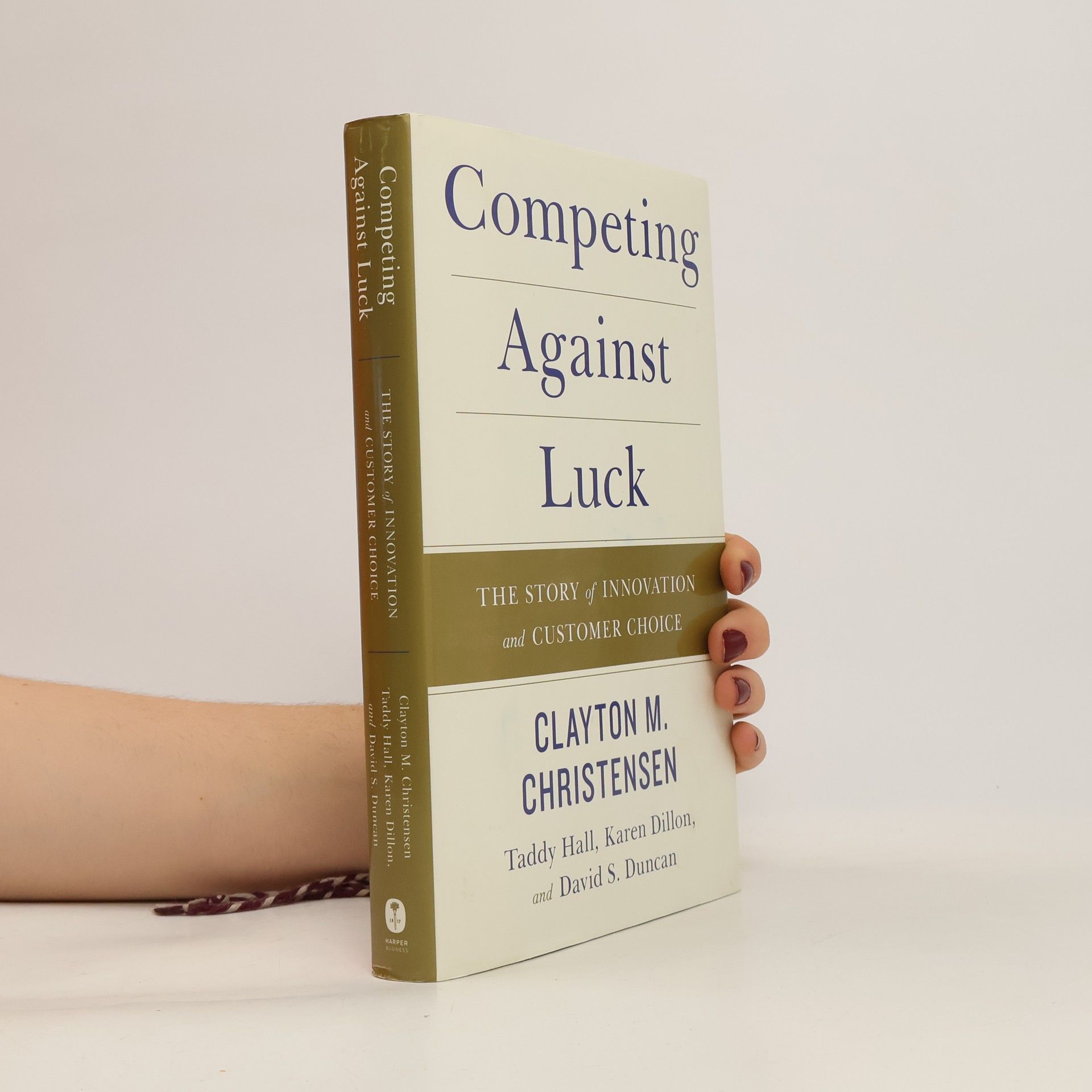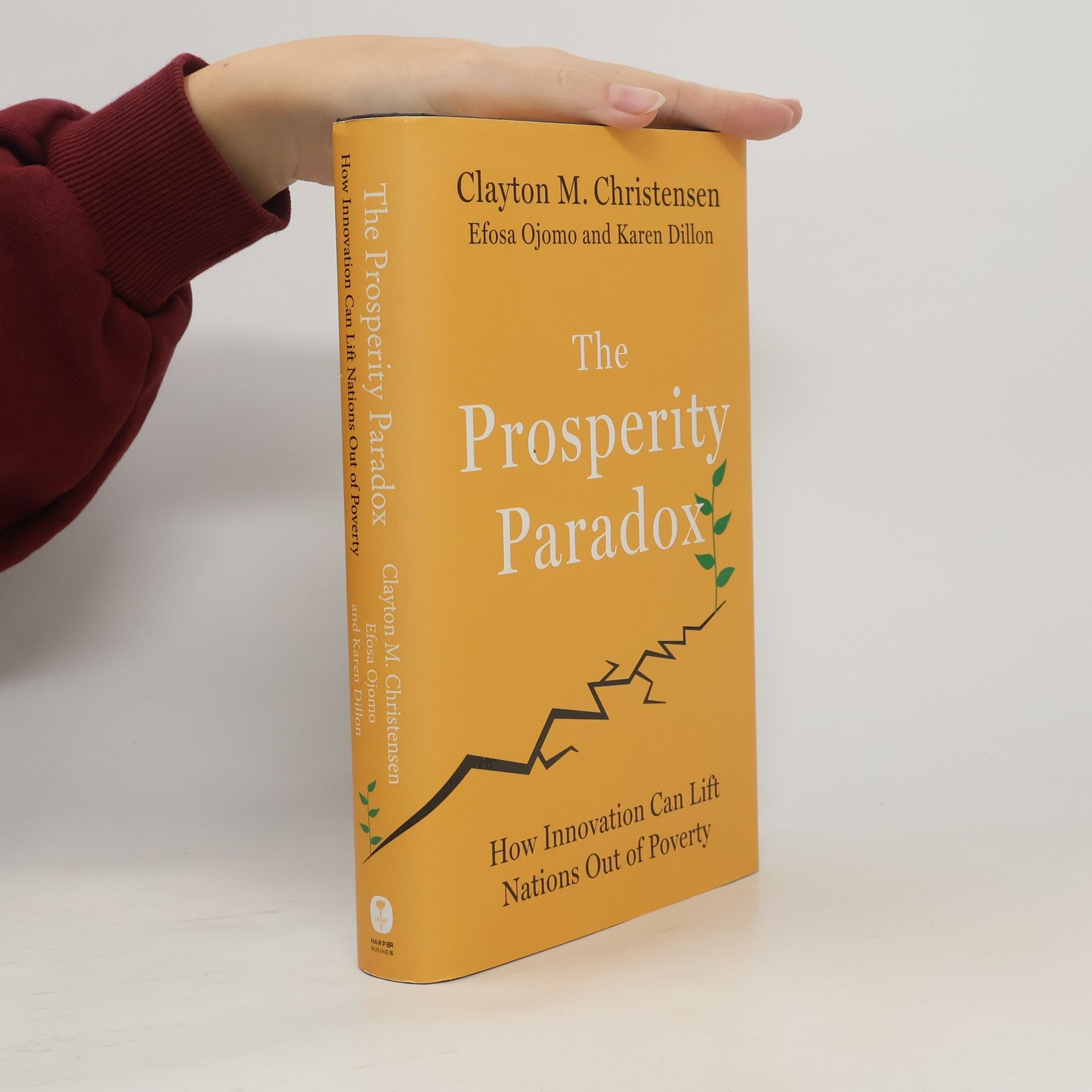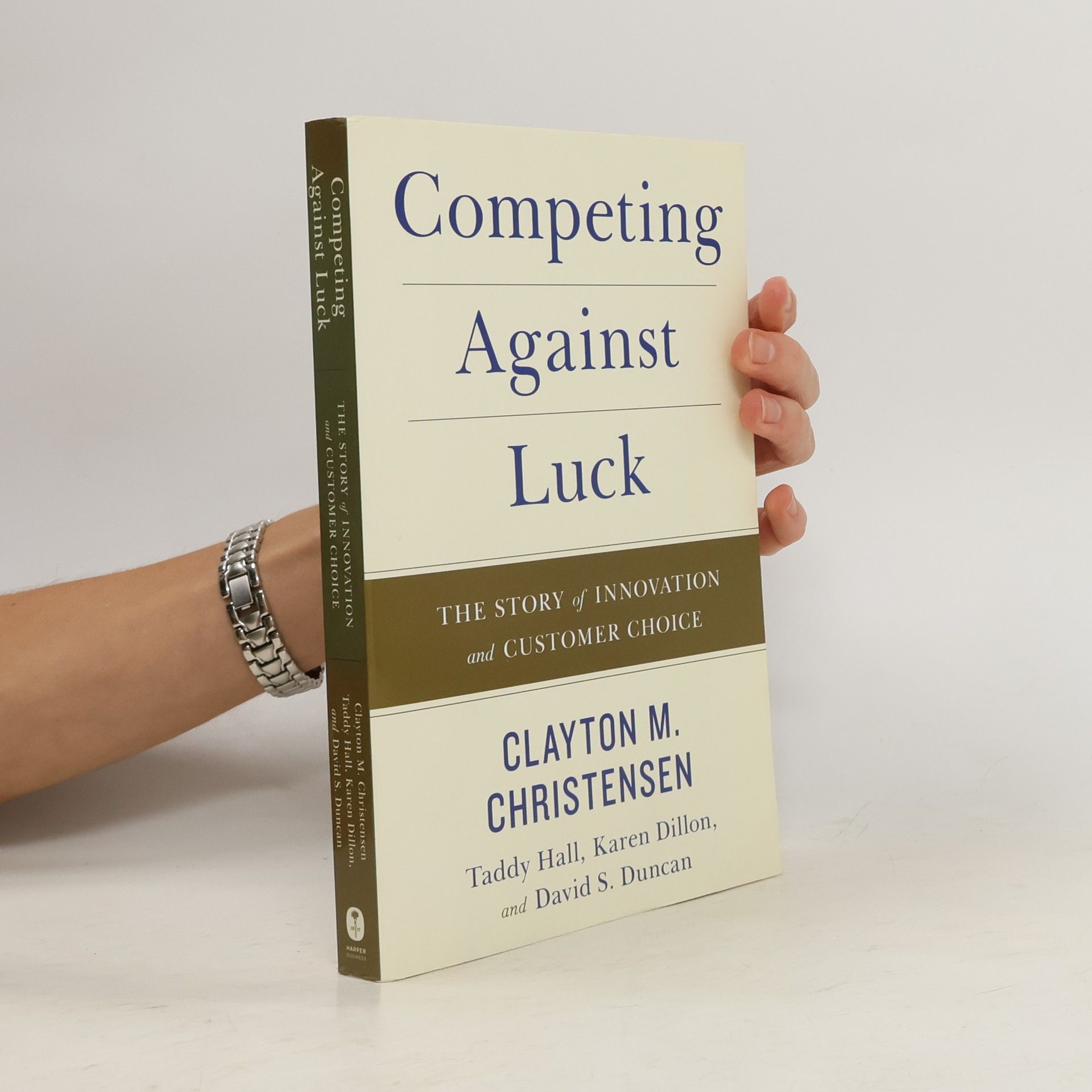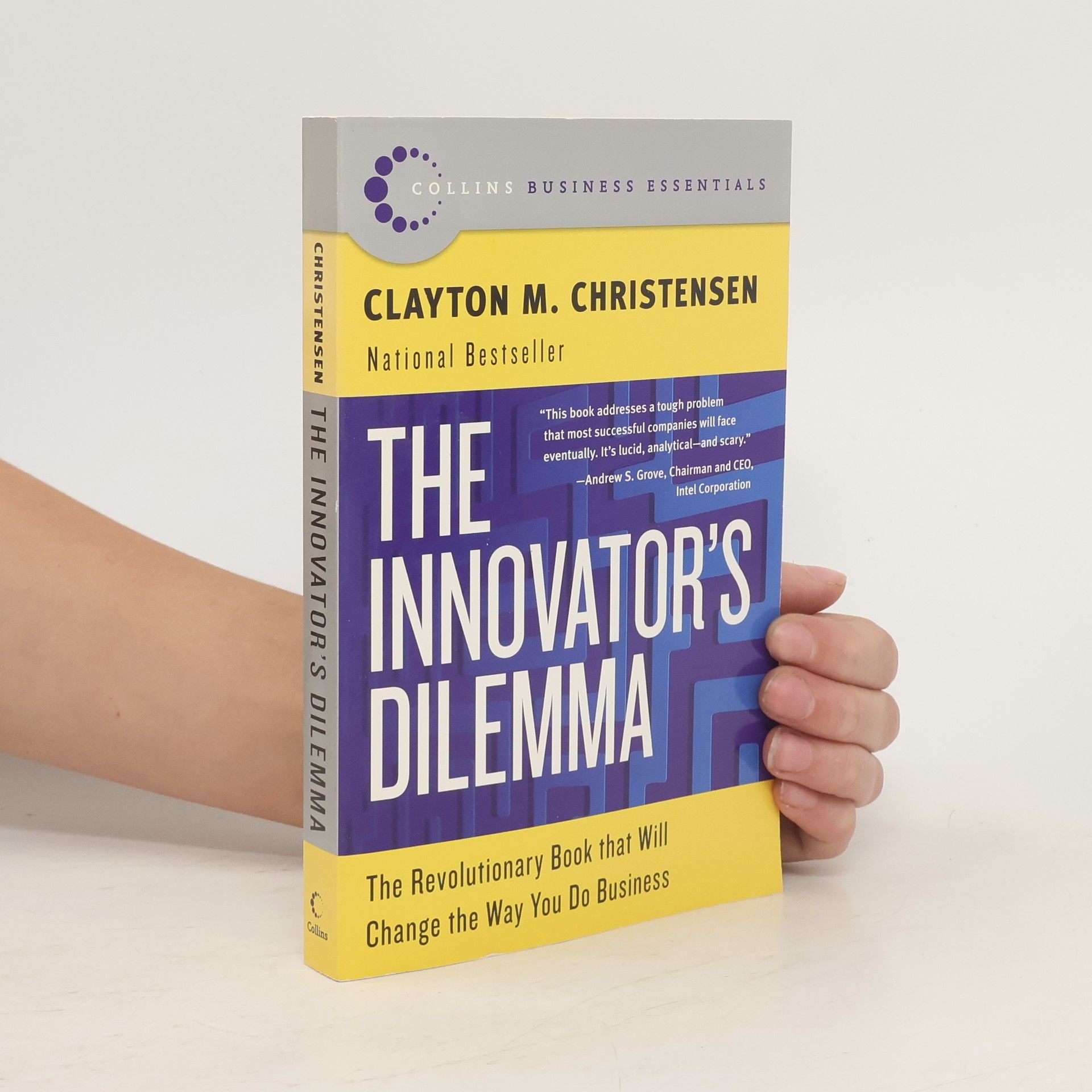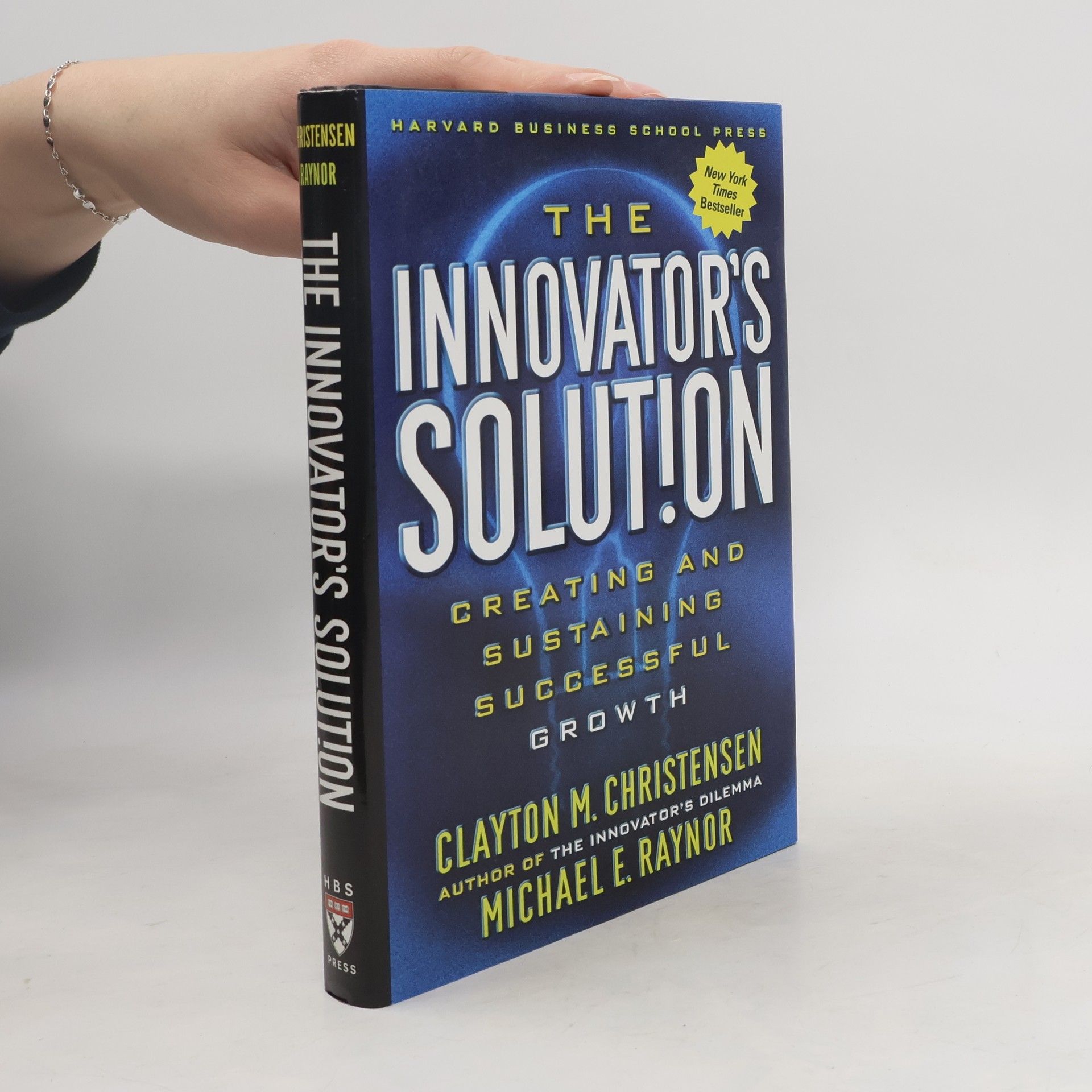The prosperity paradox: how innovation can lift nations out of poverty
- 368pages
- 13 heures de lecture
Clayton M. Christensen, along with co-authors Efosa Ojomo and Karen Dillon, explores why many investments in economic development fail to create sustainable prosperity and proposes a groundbreaking solution for meaningful change. Global poverty remains a significant challenge, with the assumption that well-meaning efforts will eventually alter the economic landscape of poorer nations. Traditional approaches often involve identifying areas in need and inundating them with resources, hoping for positive outcomes. However, this strategy of hope has proven ineffective, with many countries that received substantial aid becoming poorer. Christensen reveals a paradox: while current solutions are well-intentioned, they frequently yield inconsistent results and can worsen the situation. He advocates for a new framework focused on entrepreneurship and market-creating innovation, rather than top-down economic models. By drawing on successful examples from U.S. economic history and other nations like Japan, South Korea, and Nigeria, the authors illustrate how the right kind of innovation can foster both company and country growth. This work not only aims to guide companies toward sustainable progress but also serves as a call to action for anyone seeking to contribute to a more prosperous world.



